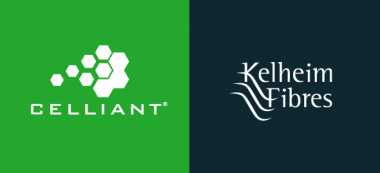adidas unveils its first product with Spinnova
- The adidas TERREX HS1 is the first product created in partnership with textile material company, Spinnova
- Part of the hoodie’s fabric is made from wood-based fibres
- The adidas TERREX HS1 is a step on adidas’ journey to create nine out of 10 articles with a more sustainable technology, materials, design or manufacturing method by 2025
Eight months after adidas announced its partnership with Finnish textile material company Spinnova, the brand has unveiled its first product made in part with Spinnova fibres.
Composed of a minimum of 25% wood-based fibres and 75% organic cotton, the adidas TERREX HS1 is a mid-layer for hikers that sees adidas exploring a more sustainable textile solution.
adidas is committed to helping end plastic waste via a three-loop strategy that consists of using recycled materials, materials that can be remade into entirely new products, and, in the case of Made with Nature, products created in part with natural ingredients, such as the adidas TERREX HS1. Its outdoor brand, adidas TERREX , is leading the innovation of technical materials with the aim of helping drive better product solutions for adventurers in nature while ensuring there is no compromise on style or performance .
By 2025, nine out of 10 adidas articles will carry a more sustainable technology, material, design, or method of manufacturing and adidas’ partnership with Spinnova is a major part of this journey.
adidas AG














